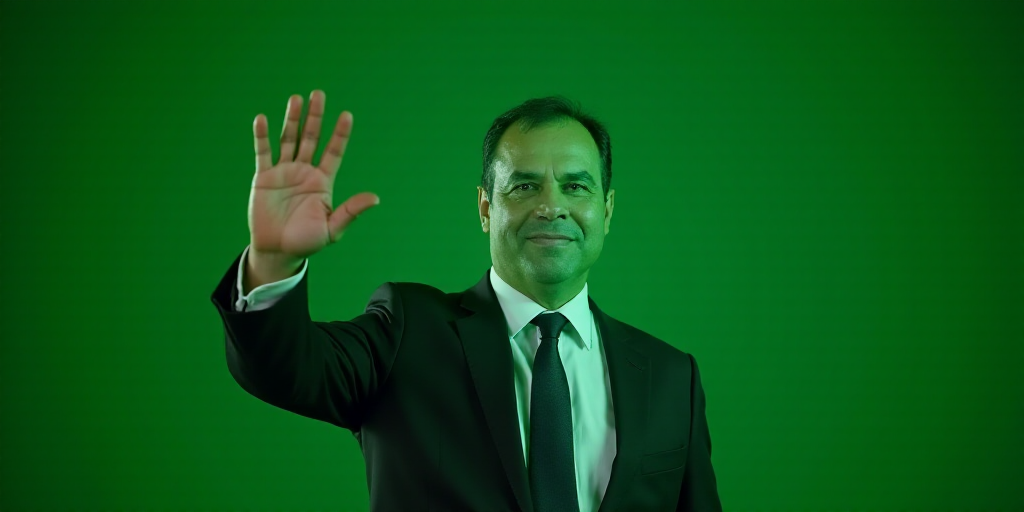Background on Gustavo Petro and His Relevance
Gustavo Petro, the current President of Colombia, is a prominent left-wing politician and former guerrilla member. He has been a vocal advocate for social reforms, particularly in labor laws. His recent decision to bypass the Senate and push forward a popular consultation via decree has sparked controversy and criticism from various productive sectors.
Petro’s Announcement and Its Implications
Despite the ongoing debate in the Senate regarding labor reform, President Petro announced his intention to proceed with a popular consultation through a decree. This move resurrects an initiative that had stalled in mid-May, causing discontent among productive sectors. Critics argue that this action undermines the separation of powers and has been labeled as “the real coup d’état” by some.
Response from Productive Sectors
The Consejo Gremial and other organizations, such as Fenalco, have openly rejected Petro’s decision. They claim that the move violates the Constitution and weakens the country’s institutional framework. Jaime Alberto Cabal, president of Fenalco, asserts that the initiative is an attempt to seize approximately $750,000 million (estimated value of conducting the popular consultation) and initiate Petro’s presidential campaign for 2026.
Petro’s Counterarguments
In response to the Consejo Gremial’s rejection, Petro argued on social media that the organization has exacerbated the situation by preventing senators from discussing the labor reform. He maintains that his decision is necessary to ensure the people’s voices are heard.
Key Questions and Answers
- What is the controversy surrounding Petro’s decision? Productive sectors argue that Petro’s move undermines the separation of powers and violates the Constitution, while Petro insists it is essential for ensuring citizen participation in decision-making.
- Who has rejected Petro’s popular consultation initiative? The Consejo Gremial, Fenalco, and other productive sector organizations have openly criticized Petro’s decision.
- What is the estimated financial impact of the proposed popular consultation? Critics estimate that conducting the popular consultation would cost around $750,000 million, which some view as an attempt to appropriate public funds for Petro’s political campaign.
Context and Broader Implications
Petro’s decision to bypass the Senate and push for a popular consultation has deepened the political divide in Colombia. Critics argue that it sets a dangerous precedent by weakening the legislative process and undermining the separation of powers. Meanwhile, supporters view it as a necessary step to empower citizens and ensure their voices are heard in policymaking.
The controversy surrounding Petro’s move has sparked discussions about the balance of power in Colombia’s political system and the role of direct democracy mechanisms. As the situation unfolds, it remains to be seen how this decision will impact labor reform and Colombia’s political landscape.






